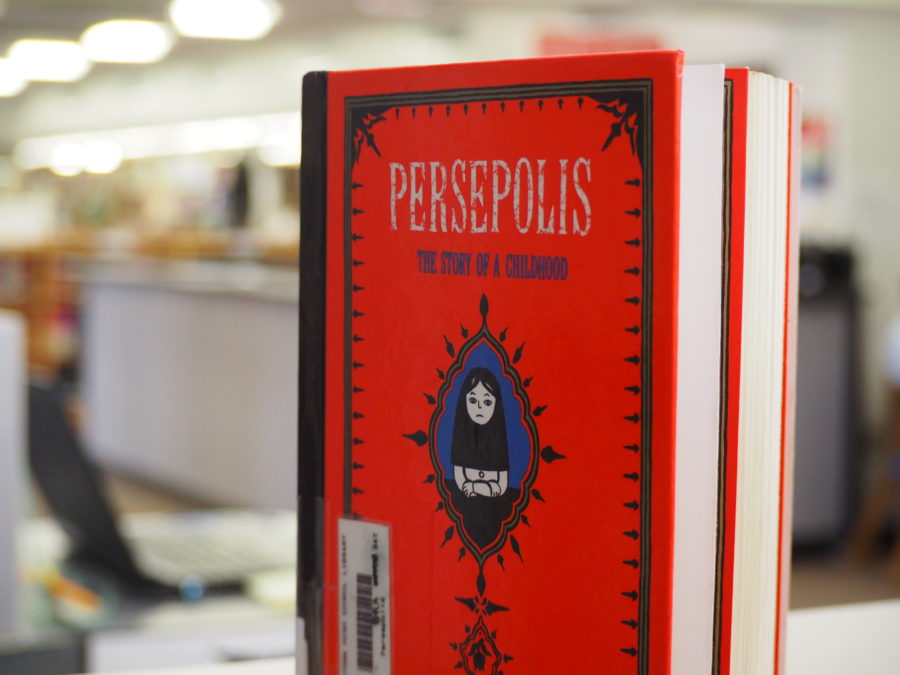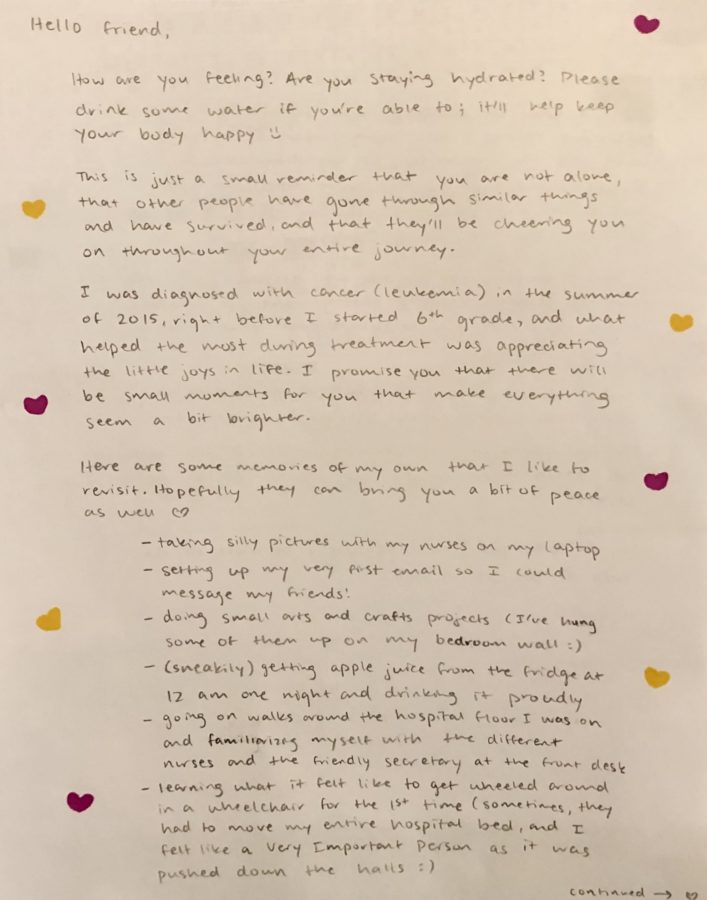By Richard Li, Staff Reporter
World Literature students will not be reading the graphic novel “Persepolis” in class this school year as teachers and administrators reconsider its position in the curriculum.
Marjane Satrapi, an Iranian-born French author and illustrator, wrote “Persepolis,” a graphic autobiography which describes her personal experiences as a child during the Iranian Civil War and as a young adult after the war.
The district’s decision to put the book on hold came as a part of a recent Social Studies and Language Arts curriculum review.
“In Language Arts in particular, we want to ensure that diverse perspectives are presented in a non-biased way in literature so students will have ‘mirrors’ to see themselves and ‘windows’ to learn about others,” said Michele Staves, the district’s curriculum supervisor for Language Arts.
The book came under scrutiny after members of the district’s Muslim population voiced their concerns. This group expressed their opinions regarding the book in a document entitled “Concerns about Curricular Pedagogy in T/E School District: The Case of ‘Persepolis’” which was presented to Principal Dr. Amy Meisinger and the T/E curriculum director Wendy Towle.
“The concerns are centered around the idea that, although the book is a memoir and therefore represents one person’s perspective, the issues and context of the events presented in the book are very complex and, without a deep understanding, could lead one to believe that the author’s perspective was the only perspective,” Towle said.
During a visit to the University of Pennsylvania on March 14, Satrapi emphasized the importance of teaching the history of Iran through “Persepolis” to prevent history from repeating itself. She said that avoiding discussion of past tragedies would not lead to solutions.
Although the discussion has changed the course of this year’s curriculum, English department chair Tricia Ebarvia said the move to place the book on hold is not unusual.
“Books come and go all the time, and I think that our kids change too, so I think that the move to put a pause on ‘Persepolis’, while it is partly in response to students and parents, is also not out of the ordinary for what we might do with other books,” Ebarvia said. “If you look at any of our curriculum, any of our courses, the books in there have changed over time, and for many different reasons.”
“Persepolis” has been a part of the World Literature curriculum since 2010, and with its removal from this year’s reading list, the World Literature teachers will try out different options to fill the gap in the reading schedule.
“Some teachers are doing a bit more writing, and some teachers have alternate texts that we usually don’t get enough time to teach. For example, most World Literature teachers usually just do one play, but now they might do two plays,” Ebarvia said.
Dr. Ahmet Selim Tekelioglu, outreach and education director with the Philadelphia Chapter of the Council on American-Islamic Relations (CAIR), conducted a workshop for the district on Muslim inclusion and equity in schools. As part of his presentation, he provided advice about “Persepolis” from the standpoint of an expert in Islamic studies.
“My recommendation was for the district to listen to student and parent perspectives and carefully review if the book served the educational goals set by the district. We also discussed if Satrapi’s account could be cross-referenced with other accounts from the same time period as well as the themes she explores so that the curriculum does take into account multiple narratives and stories rather than a singular perspective,” Tekelioglu said.
Curriculum for future years will be evaluated in the spring.


























































































